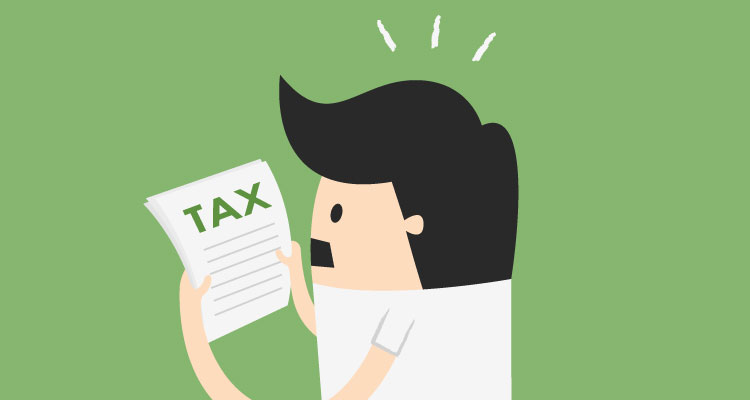Not that long ago in history, bartering was the way of the world. Bartering the exchange of goods or services for goods or services. Bartering has been around for as long as people have wanted and needed things. It is a great way to exchange goods, but you can’t forget the tax implications associated with it.
In today’s modern world, bartering still occurs, especially in business, but the twist is that it is taxable by the IRS. Many small business owners don’t realize that bartering needs to be tracked and reported the same way regular income and expenses are. Here are some of the basics of what you need to know when bartering in business.
Table of Contents
ToggleWhat is Bartering?
As stated above, bartering is exchanging goods for services or vice versa. This can be in terms of business for one person in return for business from the other. An example of this is a plumber doing plumbing for a dentist and receiving dental work in exchanges instead of cash payment.
This can also be an exchange of goods. Say you own a store and you need more of one certain product. You may be able to barter with another store owner to get what you need in exchange for something they need that you have.
Remember that in bartering there is usually not exchange of cash, just services or goods. Plus, bartering items or services MUST be of equal value at fair market value.
Are Bartered Services or Goods Taxable?
Yes. The IRS considers any received bartered good or service as taxable income.
Bartering and taxes can get complicated, especially because the IRS makes you consider the value of the item you are bartering when you first bought it and the value of it when you “sold” (bartered) it.
To further complicate matters, this is only applicable if you are participating in a profitable exchange. If your goods or services bartered are of equal value, you might not have to claim that as income.
If you decide to barter in your business, be sure to consult a tax specialist to ensure you are following the IRS rules about bartering.
How Should You Report Bartered Goods and Services?
Again, you should consult an accountant or tax professional to make sure you are doing everything correctly based on your situation. Bartered goods and services that need to be reported will be shown on either a 1040, Schedule C, or the 1099-MISC for contractors.
Bartering Through a Barter Club or Exchange
Bartering is not always done by individual businesses or business owners. There are also bartering clubs and exchanges to help facilitate bartering. In most of these situations, credit is bought by company A who then receives “credit points” to use and barter with company B. This is an easier way to make sure services bartered are of equal value.
Why Barter if it’s Taxable?
There are several reasons why you might still want to consider bartering goods or services for your small business.
- You can get a product or service even if you don’t have a lot of cash.
- You could save on taxes. If the fair market value is lower than expected, you pay less taxes due to it being cheaper in value.
- You have the potential to avoid transactional costs. Cutting out the middle-man and doing it yourself can save your business money. Just be sure to consult with your accountant or tax professional first to make sure you are doing everything correctly.
- Create new relationships. If you are just starting your business, offering your services to a business you want to partner with might be a good way to network and gain exposure.
If you are considering doing more bartering for your business, consult a professional first. The IRS rules for bartering can be complicated. And the last thing you want is to be in violation of their rules and regulations.
Bartering may be a good option if you are short on cash or just getting started building your business.













